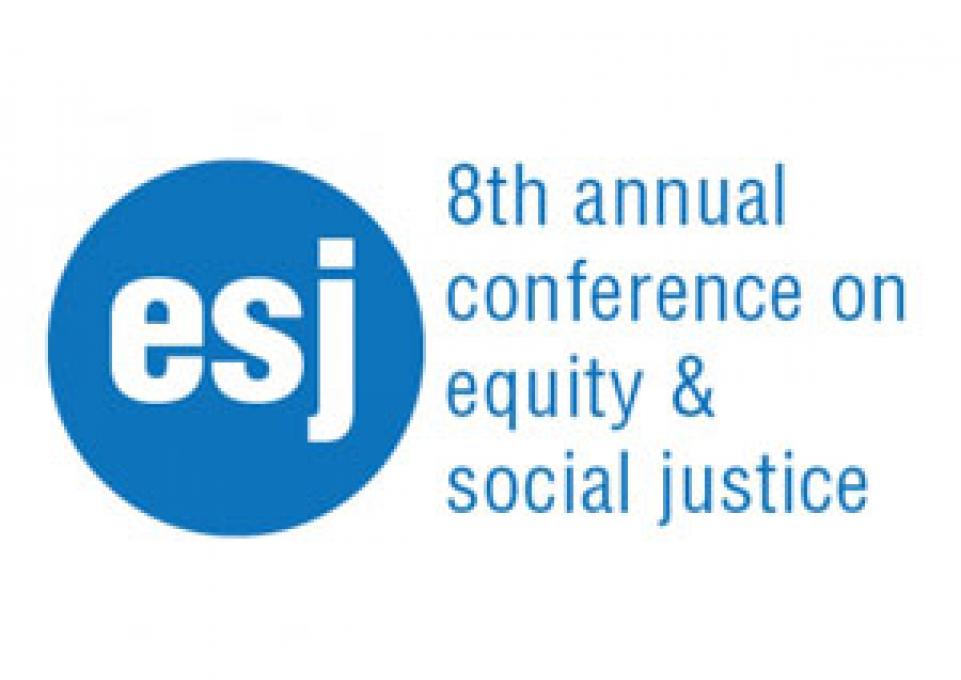
The Adult Education Department is hosting the eighth annual Equity and Social Justice Conference, Saturday, March 7, from 8:30 a.m. to 5:00 p.m. in the Campbell Student Union.
The conference was started by a group of faculty members whose research interests include social justice in a variety of educational settings. While many of the faculty and graduate student presenters are from New York State, there are a substantial number of presenters from out-of-state as well.
This year's conference theme is “Meaningful Change: Transforming Communities of Practice.” Proposals addressing “issues of equity and social justice in the practice of teaching and learning” were solicited last fall and subjected to a blind review selection process.
"This conference allows scholars from different disciplines to share their perspectives on social justice across various communities of practice," said Susan Birden, chair and professor of adult education. She explained that a “community of practice” is made up of people involved in a particular area of education, some of which take place outside the traditional educational system. "Many communities of practice are made up of people who work for not-for-profit organizations in areas such as adult literacy, or who work with a particular population," said Birden.
The conference will underscore the importance of integrating theory with action. Keynote speaker Wayne Au, associate professor at the University of Washington-Bothell School of Education Studies, is an award-winning author whose publications include Rethinking Multicultural Education: Teaching for Racial and Cultural Justice. Lois Weiss, SUNY Distinguished Professor of Sociology of Education at the University at Buffalo, is the second keynote speaker. She has published widely on topics relating to race, class, gender, education, and the economy. She has received many awards, including the outstanding book award from the Gustavus Meyers Center for the Study of Bigotry and Human Rights in North America.
Thanks to a broad array of presentations, participants can focus on one of several strands, including educational reform in the twenty-first century; urban education and community partnerships; and adult education in communities of practice.
"We have more than 100 people attending," said Birden. "Because of our shared interest in bringing social justice to educational settings, we anticipate many thoughtful presentations that examine the state of social justice in school rooms, higher education classrooms, and adult education community settings. We expect the presenters to offer many useful ideas about how to incorporate social justice practices within our classrooms, whether they are traditional classrooms or informal educational spaces in the community.”
Registration is $75 for faculty members and $25 for students. Contact the Adult Education Department for more information.
